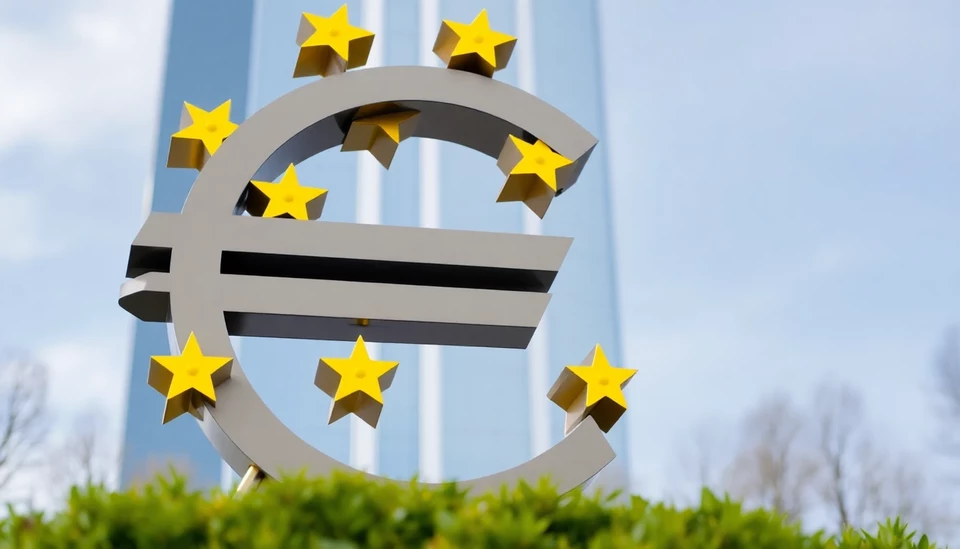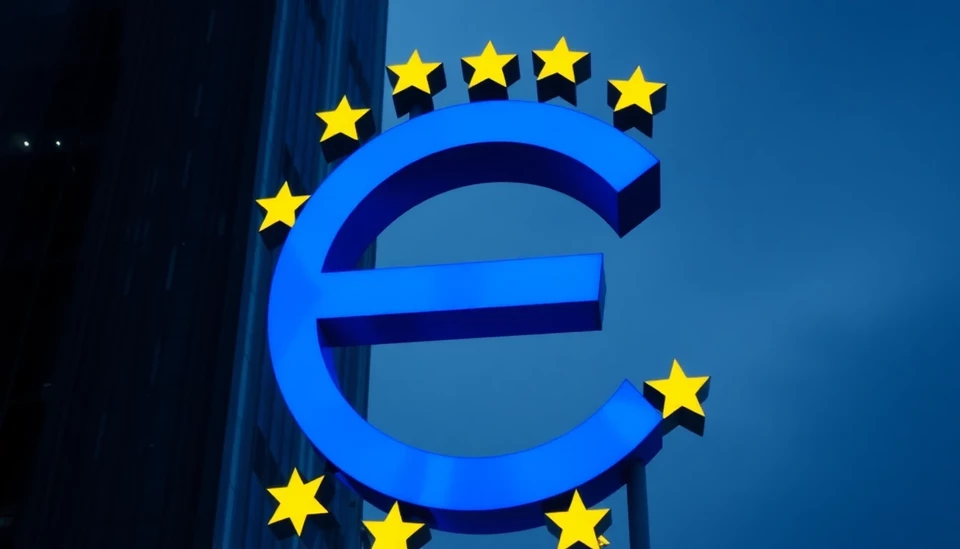
Recent data reveals that inflation in the Euro Zone has experienced an unexpected uptick, prompting discussions about the future trajectory of the European Central Bank’s monetary policy. Despite this acceleration in inflation, analysts are largely confident that the ECB will still proceed with plans for interest rate cuts in the upcoming months.
According to the latest statistics, consumer prices in the Euro Zone rose by 2.8% year-on-year in November, a significant increase from the 2.6% recorded in October. This surge can be attributed to a resurgence in energy costs and persistent pressures on food prices, highlighting ongoing challenges that policymakers face as they navigate the complex economic landscape.
However, experts believe that this recent inflation spike is unlikely to disrupt the ECB's strategy to lower interest rates. Indicators suggest that underlying inflationary pressures are subsiding, and the central bank is poised to respond to weakening economic conditions and sluggish growth. The ECB remains committed to ensuring that the Euro Zone economy continues on a sustainable path without stifling recovery efforts.
Furthermore, the ECB has signaled that it anticipates gradual adjustments to its monetary policy framework in light of the evolving economic circumstances. Given the forecasts of economic growth stagnation, the central bank's inclination towards rate cuts underscores a broader strategy aimed at fostering an environment conducive to recovery and stability.
The divergence in inflation rates across member states also plays a critical role in shaping the ECB's policy decisions. Countries such as Germany are experiencing lower inflation compared to their southern counterparts, which can create complications in formulating a one-size-fits-all approach to monetary policy. As such, the ECB is tasked with balancing the needs of all member nations while addressing specific regional economic disparities.
As the situation unfolds, market observers will be keenly watching the ECB's forthcoming announcements and policy assessments for signals regarding future rate adjustments. With economic growth projections continuing to show weaknesses, the momentum behind potential rate cuts could gain traction in early 2024, irrespective of the current inflation metrics.
In conclusion, while the recent rise in inflation figures may prompt concerns, it appears that the ECB is set to maintain its course towards rate cuts, emphasizing its commitment to stimulating economic activity across the Euro Zone. As fiscal and monetary policies are aligned to support growth, the delicate balance between inflation control and economic recovery will remain a pivotal focus for the ECB moving forward.
#EuroZone #Inflation #ECB #InterestRateCuts #MonetaryPolicy #EconomicGrowth #FinanceNews
Author: Rachel Greene




